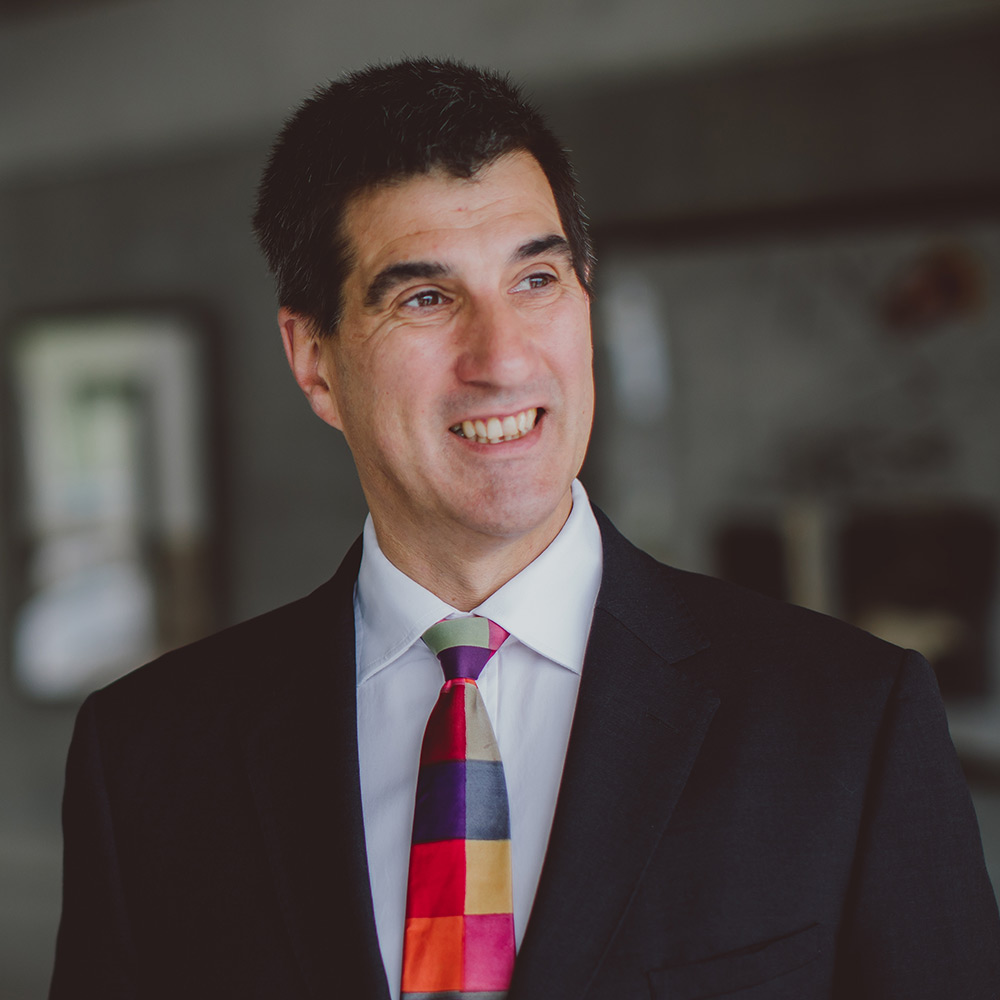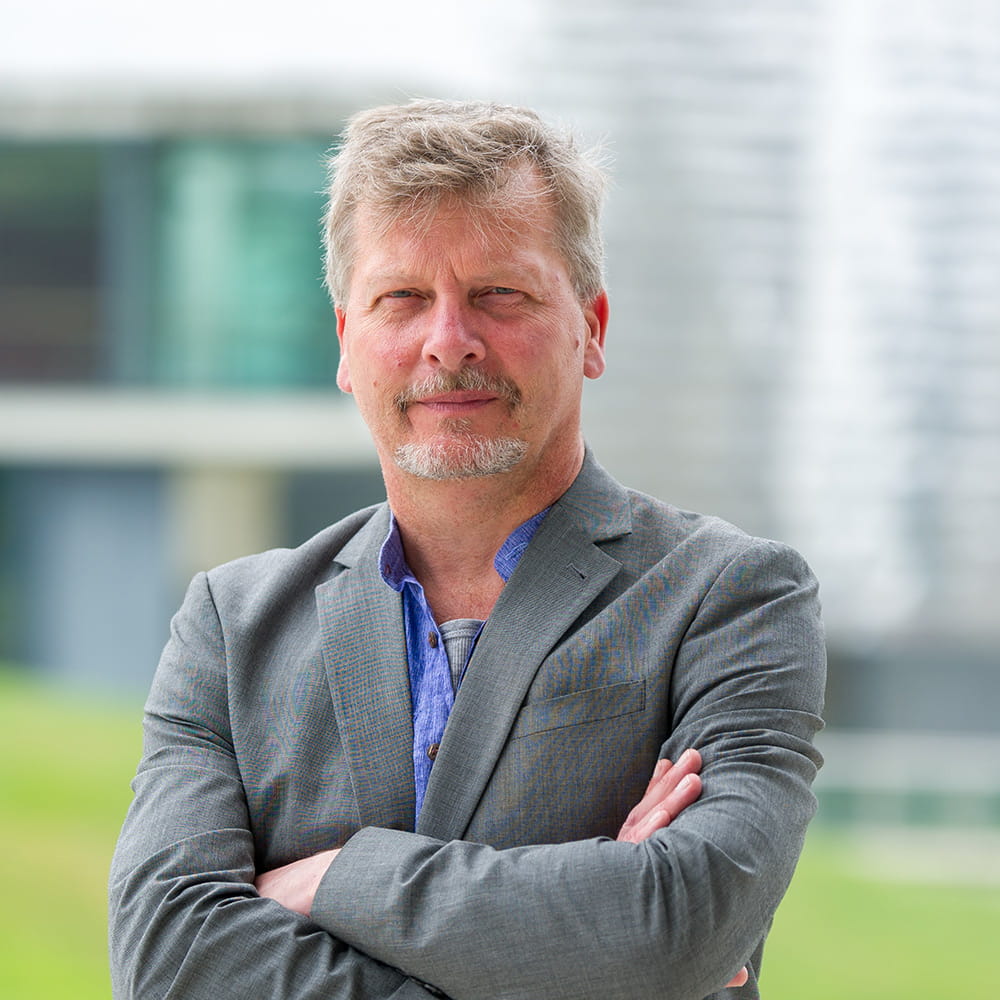Today the world marks International Day against Homophobia, Transphobia and Biphobia. Dr Andrew Fagan explains why ending discrimination and persecution is one of the greatest global challenges of our time. Every state, organisation and individual can make a difference and we are proud to be playing our part.
We work hard to promote equality for our LGBT community and to show prospective staff and students that the environment here is one where everyone enjoys equal dignity and respect. This year we were named one of the 100 best employers in the UK for LGB people, and our contribution to the Essex LGBT Alliance was recognised by the Guardian University Awards in 2015.
We are not complacent however and we are building on our progress in a range of ways including increasing the visibility of LGBT role models and developing a toolkit to support the delivery of a more inclusive teaching environment.
Professor Anthony Forster
Established in 2004, International Day against Homophobia, Transphobia and Biphobia seeks to raise global awareness of the discrimination and suffering which many millions of people continue to suffer on the grounds of their sexual orientation. This date was specifically chosen because on the 17 May 1990, the World Health Organisation finally de-classified homosexuality as a mental disorder. Events are held in over 130 countries, including the 37 countries in which same-sex activities remain illegal.
Global significance
This day has global significance not only because sexual minorities exist everywhere, but also because sexual minorities continue to face discrimination and persecution everywhere. Indeed, as a succession of news stories and human rights reports in the past several weeks demonstrate, the need to raise awareness of discrimination and persecution on the grounds of sexual orientation is more urgent than ever.
In many societies within the global south, sexual minorities are targeted as a consequence of long-standing religious and cultural prejudices.
In March this year, a 22-year-old lesbian woman, Pasca was beaten to death in South Africa. Her mutilated body was so badly disfigured that her family could not recognise her during identification. Lesbians in South Africa and other parts of the world are subjected to ‘corrective rape’ as a way of ‘reinventing them back into womanhood’.
In April, a Ugandan gay activist Najib was attacked and severely beaten by a gang in a hate crime incident. This attack is a reminder of the widely reported murder of prominent gay activist David Kato in the same country in 2011. In the same month, LGBT activists were arrested in Bangladesh for taking part in a traditional ceremony to celebrate the Bengali New Year.
Religious and cultural beliefs
Homophobic attitudes remain globally high. A recent research study in Malawi found that nearly 90% of the population are uncomfortable to have a homosexual neighbour. These attitudes are fuelled by religious and cultural beliefs which condemn homosexuality as an “abomination” or “unnatural”.
Sexual minorities in the Middle East have long been exposed to systematic discrimination and persecution. The so-called Islamic State’s occupation of large parts of Syria and Iraq has further intensified their suffering with reports emerging in 2015 detailing IS’s executions of gay men in particular.
Hard-won rights
Lest some imagine that discrimination and prejudice are largely restricted to the so-called developing world, a succession of recent stories from the United States testify to increasingly militant demonstrations of hostility towards sexual minorities there. State legislatures, private organisations, and even individual citizens are increasingly claiming that their own religious faith justifies their refusal to provide services to same-sex couples. The hard-won rights of sexual minorities in the US are being increasingly sacrificed to others’ rights to religious freedom.
These are difficult times for human right defenders across the globe. Let us ensure that 17 May serves to galvanize our support for those who continue to strive to secure what is a fundamental right to one’s sexual orientation and identity.
Dr Andrew Fagan, Human Rights Centre, and Alan Msosa, MA Theory and Practice of Human Rights 2006
- Our Equality and Diversity Team is hosting a 5-a-side football tournament on 21 May in support of International Day against Homophobia, Transphobia and Biphobia.

